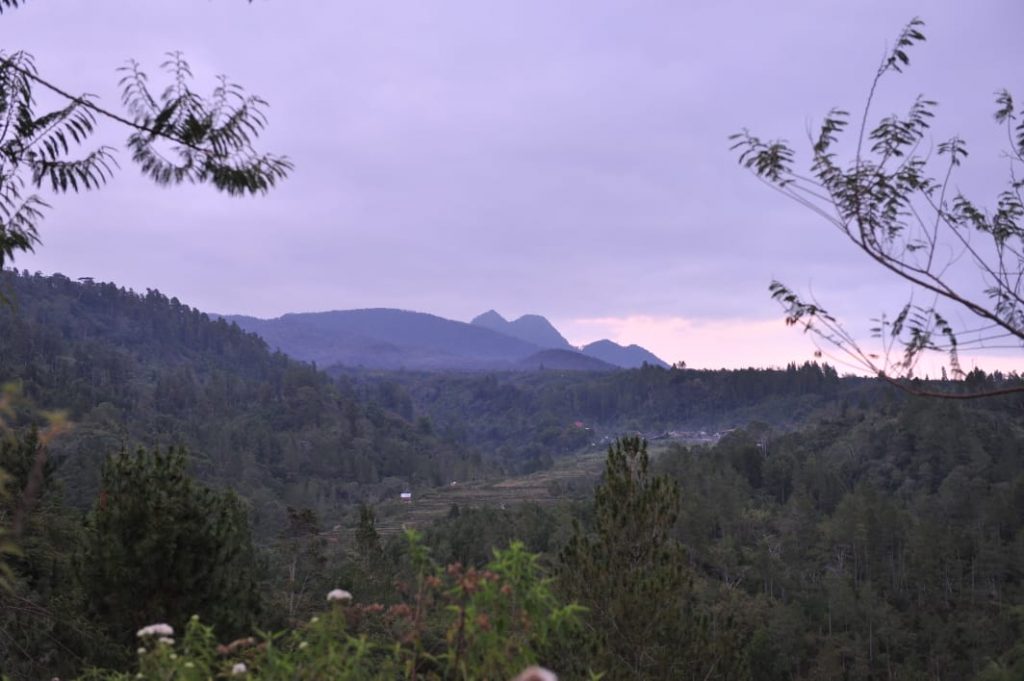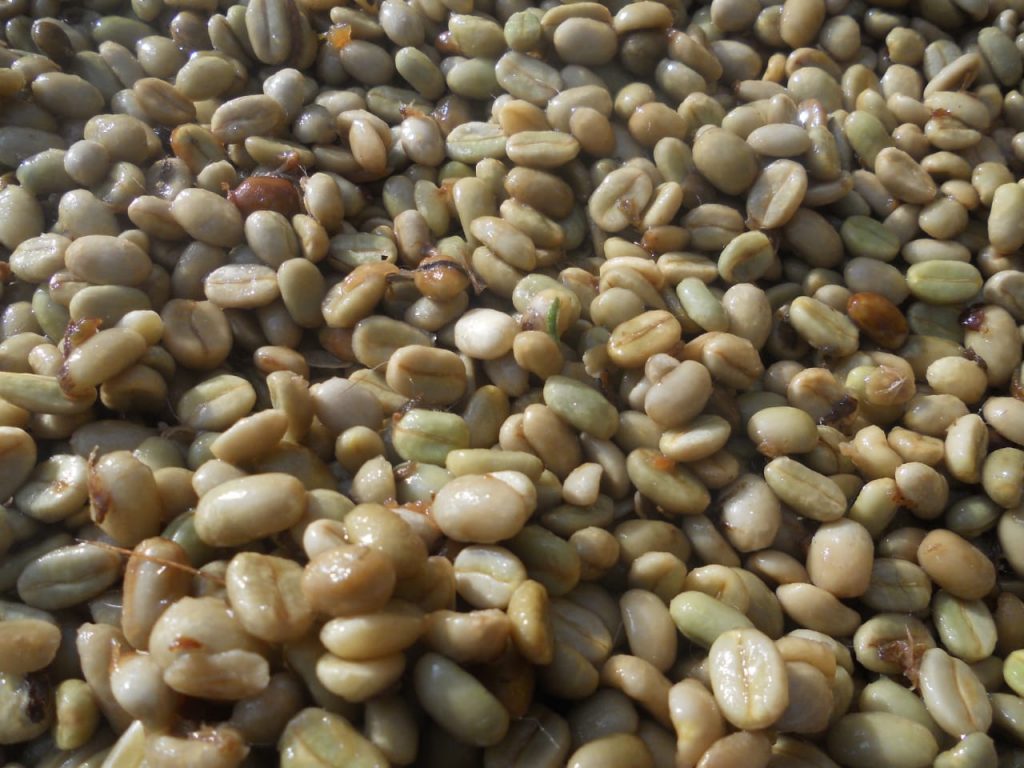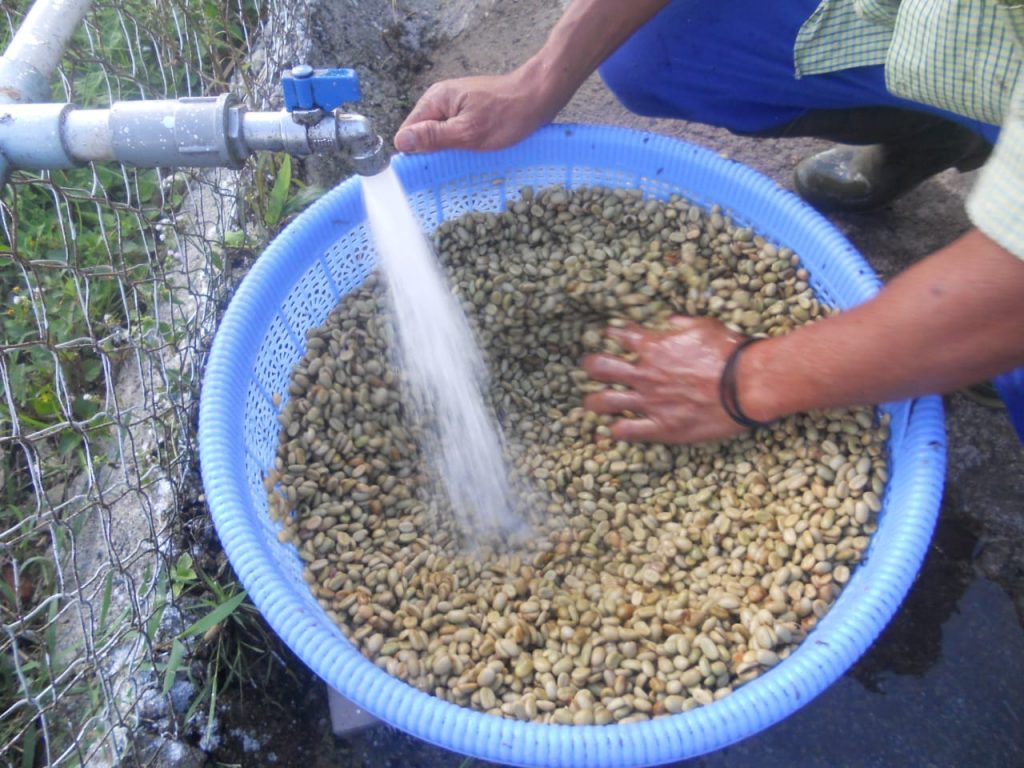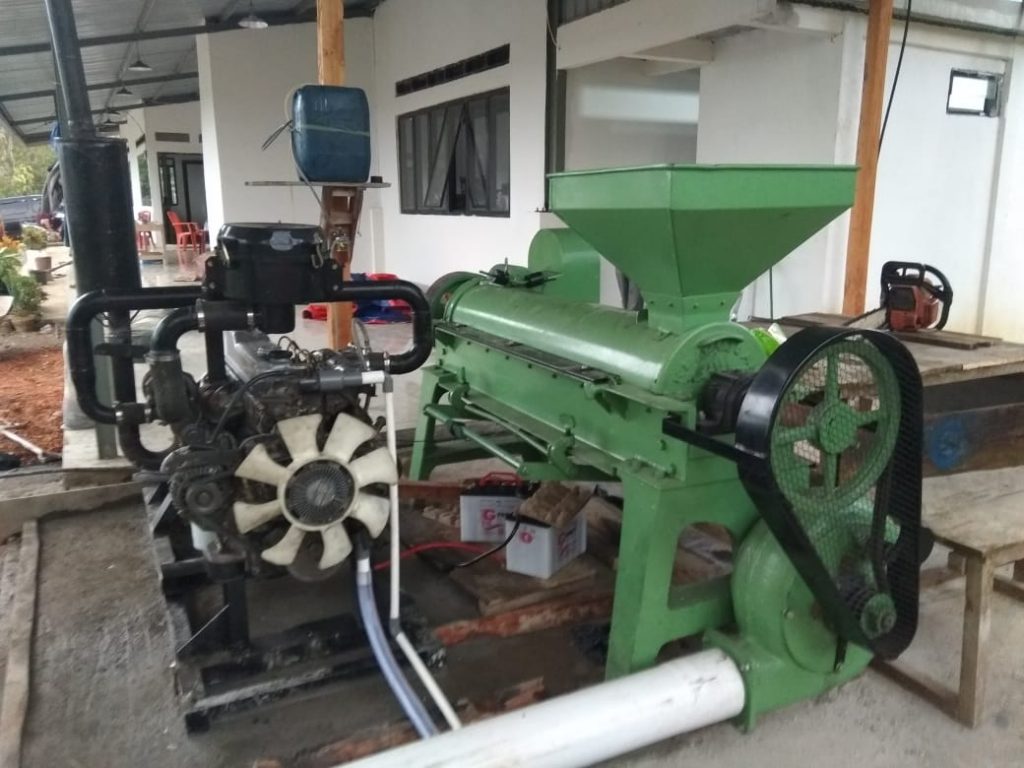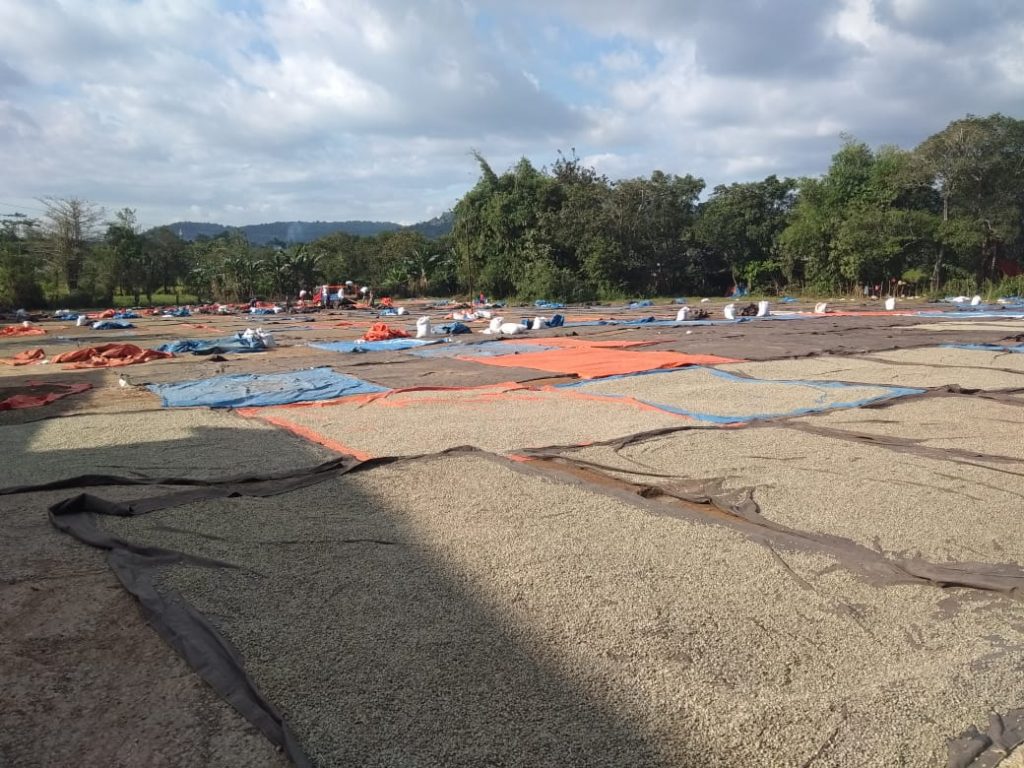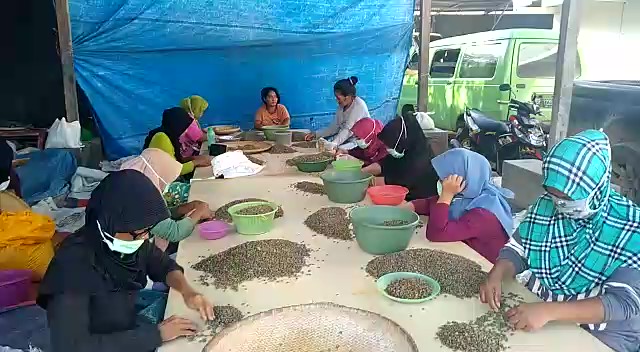Our Origins > Sulawesi
Sulawesi coffees are clean and sound in the cup. They generally display nutty or warm spice notes, like cinnamon or cardamom. Hints of black pepper are sometimes found. Their sweetness, as with most Indonesian coffees, is closely related to the body of the coffee. The after-taste coats the palate on the finish and is smooth and soft.
Toraja is located in a lush mountainous areas with plants and wildlife, with iron-rich soil and a cool comfortable climate in the highlands of Sulawesi. Volcanic soil forms the perfect environment for growing coffee beans. The development of the Toraja region has been historically and politically influenced by the coffee trade since 1,850. Today, coffee in Toraja is a high-value commodity with the majority still being grown by independent smallholders on family owned plots.
Our Sulawesi coffee production covers the Toraja highlands in the regions of North Toraja and Tana Toraja, as well as to the west of Toraja in the regions of Mamasa.
Next up, we will showcase one of our Toraja collections, which coffee is planted on the Rante Karua region in North Toraja.
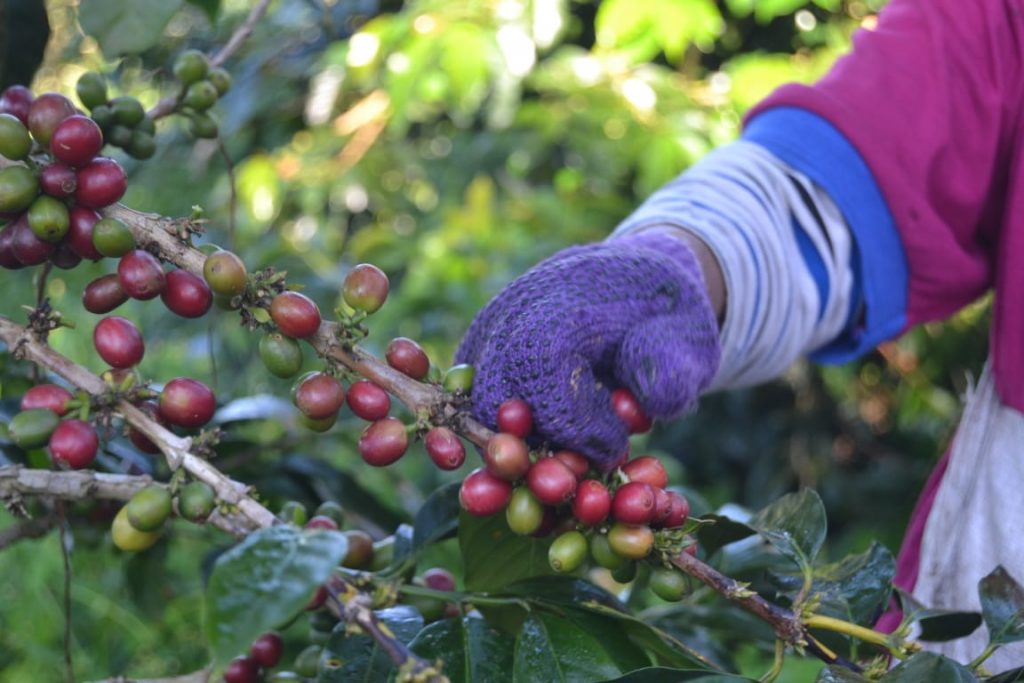
Awan Rantekarua
- Farm: Marampak, Lembang Awan, Rantekarua, North Toraja
- Region: South Sulawesi Province, Sulawesi
- Varietal: Typica, Lini S 795
- Processing: Various (washed, natural, wine process)
- Altitude: 1,300 – 1,700 metres above sea level
- Cupping Notes: Berry fruity, sweet tobacco, caramel
The Rante Karua plantation is located at 1,300 – 1,700 meters above sea level, is known as one of the best coffee producer in the world. A well-respected coffee entrepreneur from the USA, J. Martines, called it “quality coffee in the world.”
Currently there are approximately 1,000,000 coffee trees being grown and nursed by the local coffee farmers. Around 200 Ha of the total area is turned into a natural conservation area, for the goodness of the local inhabitants.
It is organic from the start to finish. We implement an alternating bed system in cultivating the coffee, of which using sheep manure to enrich the soil. The farmers collect the sheep’ droppings as organic fertilizer. Leaves from “lamtoro” trees also provided to feed the sheep, as well as to become shield for the coffee plants. Where necessary the farmers will make their own organic pesticide from natural components, such as betel leaves, areca nuts, and yam. They are all free chemical free.

